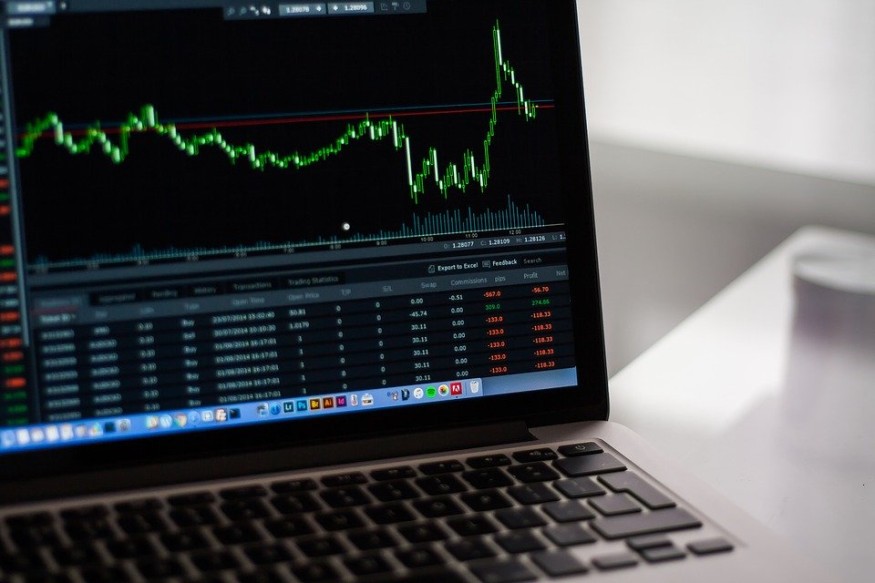COVID-19: The Virus That's Killing The Economy

Coronavirus has killed more than 4,000 people worldwide, and it is also killing the global economy.
The virus, which was first detected in Wuhan, China, has crippled the global economy and financial markets. The impact has caused stock prices and bond yields to plunge exponentially.
The drop in US stocks on Monday, February 9 was the worst the country had seen since December 2008 which saw the economy crash into a recession.
The pandemic has sparked an oil war between Russia and Saudi Arabia, as well as another potential migrant crisis due to war in Syria.
Monday saw prices plunge and trading pause following stock market volatility. It also saw one of the biggest oil market decline since the Gulf War after Russia and Saudi Arabia set off a price war for crude oil where prices crashed more than 20 per cent.
Companies and businesses in the oil sector experienced plummeting shares. Banks and manufacturers also reported massive losses.
The outbreak has also led major institutions, such as the Organisation for Economic Co-operation and Development (OCED), to cut their forecasts for the global economy.
In the OCED report, the global economy's expected growth was brought down to 2.4% from an earlier projected 2.9%. China's GDP suffered the largest downgrade in magnitude which saw an expected growth of 4.9% from an earlier forecast of 5.7%.
Leading economists are now forecasting a recession, an outcome that could still be dodged if the outbreak begins abating by summer.
Staying at Home
Coronavirus lockdowns are forcing millions to limit their day-to-day activities, creating a broader crisis for travel and manufacturing companies.
Malls, restaurants, theaters, and sporting events are also posting losses as people continuously avoid large gatherings in a bid to keep the virus from spreading further.
The suspension of NBA and NHL games, as well as the closing of Disney World and Broadway, have helped convince people that the virus is a threat to both the nation's health and economy.
According to research by Global Data, 27% of shoppers say they will avoid trips to the mall in fear that the virus will get worse in the country over the next month.
Movie box office receipts went down about 40% in comparison to the same period in 2019.
Also Read: March Madness Canceled Due to COVID-19
President Donald Trump's decision to place a 30-day ban on all travel between Europe and the United States further increased the problems coronavirus has put on the travel and tourism industry.
Economists are now hoping for the outbreak to ease up before summer. Forecasts show a downturn lasting half a year or more is likely if the coronavirus continues to accelerate into the summer.
Experts also predict hundreds of thousands of workers to be laid-off. As of writing, there have been over 630 job cuts related to COVID-19. 145 drivers at the Port of Los Angeles also lost jobs due to stalled shipments from China.
The san Francisco Bay area, which is usually packed by thousands of workers, now resembles a ghost town, with business districts emptying out. Subway ridership also fell by 8% last week as more and more people avoid close proximity.
In Seattle, businesses have seen more than an 80% downtrend in sales as Amazon shuts its headquarters.
The International Air transport Association reported a $63 billion to $113 billion loss as the bookings falloff has hit countries beyond Asia.
Factory closures in China have led to a record low output, leaving many businesses without products or materials.
Economists are now urging the government to protect businesses, large and small, in their nation. They are calling for authorities to stop ignoring the growing threat in the economy and to begin looking for opportunities to benefit the new economic world order.
Subscribe to Latin Post!
Sign up for our free newsletter for the Latest coverage!

















